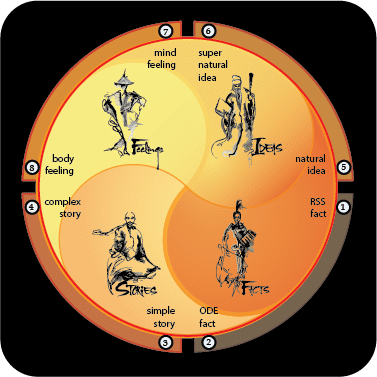I am Autistic and would rather be this way than Neurotypical. Why do so many Autistics feel the inverse?
To begin with, I’m a therapist with Asperger’s who has been helping people with Asperger’s for decades now. And when this word first surfaced in the early nineties, and when I realized it described me, I felt a lot like what you describe. In my case, at first, I felt broken, embarrassed, and confused, largely from my profession’s (the medical model’s) inherent judgements. I wondered how many people I’d inadvertently hurt. And when I considered this, I felt guilty and ashamed.
When I thought about not being myself though, I knew, not being me wasn’t the answer. I like a lot of the ways my mind works. And to be honest, these ways have served me well. I love the ways language can be elegant when it’s precise. I also love writing and teaching and learning. I also love sitting with people whose “native language” is the same as mine; “fussy.”
So why do so many Autistics feel the inverse? Because being different (being other than mainstream) means we struggle to connect. This causes many of us to suffer from a terrible kind of aloneness. No surprises here. Minorities of any kind experience this struggle to connect. And we are a minority. Luckily, for some of us,including me, there is an answer.
This answer begins with knowing that “imitating normal” never helps. Never. Folks on the spectrum only get worse when they’re pressured to go down this path. In truth, being pressured to “act” like neurotypicals probably accounts for a good portion of our tendency to appear and feel awkward. It also completely ignores the parts of ourselves we love and don’t want to change.
Like you, Ryan, I genuinely do not want to be neurotypical. But I, myself, have learned to use words in the same fashion neurotypicals do. They speak, “fuzzy.” To them, “How are you?” and “How are you feeling?” are greetings. But I speak “fussy.” So to me, “How are you?” and “How are you feeling?” are genuine requests to personally connect. And to me, being vague and nebulous versus being precise is an easy choice.
Being myself? I treat these two ways of speaking as two languages which both use the same dictionary. I speak “Fussy.” They speak “fuzzy.” And when I’m in their country, I speak their language. To me, this is no different than speaking Greek when I’m in Athens. I’m still me when I speak Greek. I’m just using words in ways that build a bridge between my culture and theirs.
My point?
No person on the spectrum should ever abandon their true self. Doing this is truly the road to hell for us. And screw anyone who thinks we’re broken. At the same time, it’s important to keep in mind that it’s possible to bridge the divide between us and neurotypicals. The way we use language holds the key.
Learning to see this difference in real time is the beginning. Treating the world as us visiting a foreign country then offers a us blameless view of life, along with a way to keep the parts of ourselves we truly love.
And thanks so much for asking such a seriously important question.
